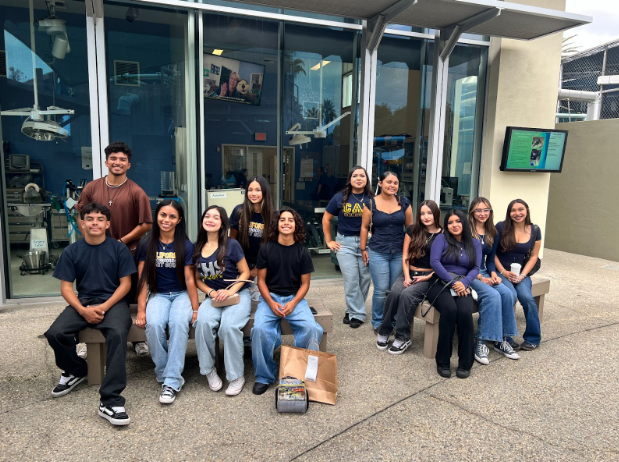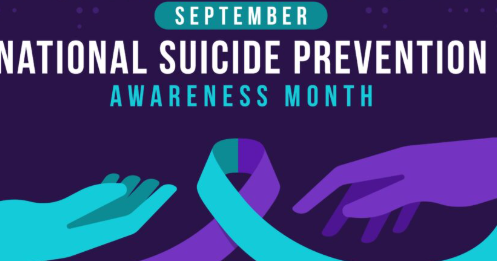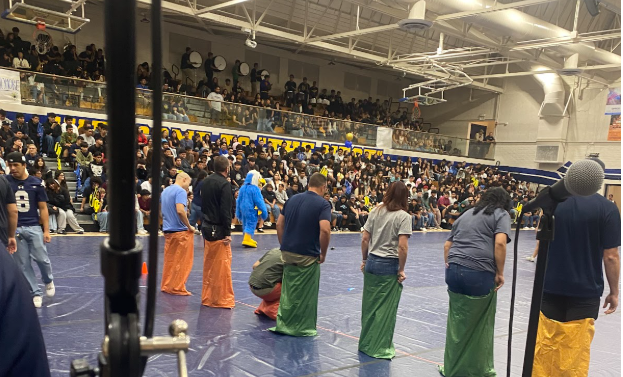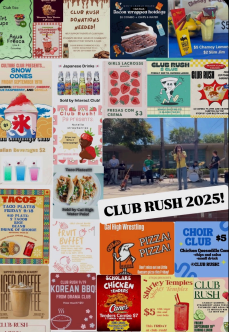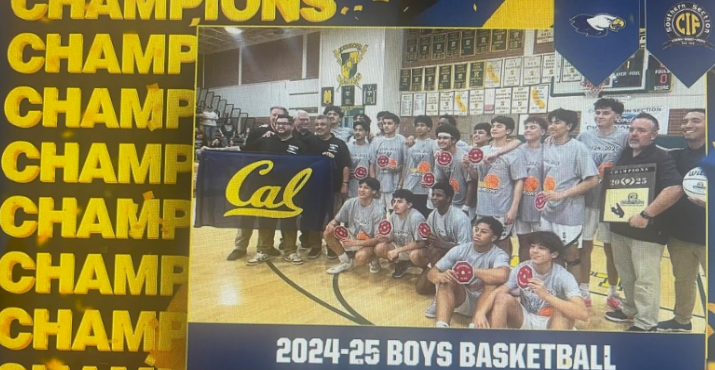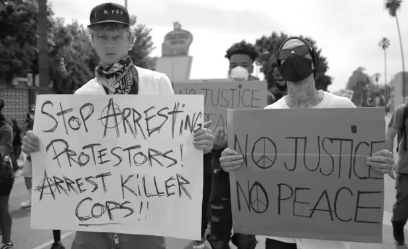
Have you ever read the lyrics of your favorite songs? If you have, you know sometimes there’s a message that not a lot of people can hear because they just listen to the catchy tune. Music allows ideas and messages to be heard all around the world through radios, CDs, vinyls, and, more recently, through streaming platforms like Spotify. This makes music a subtle yet powerful tool for freedom of speech. Messages like these empower movements such as the counterculture movement in the 1960s, which was fueled by artists like Jimi Hendrix, The Beatles, and Creedence Clearwater Revival.
One of Creedence Clearwater Revival’s songs, “Fortunate Son”, called out the fact that the ones who choose if we go to war don’t send interests. “I ain’t no millionaire’s son” and “They send you down to war And when you ask ’em, ‘How much should we give?’ They only answer, ‘More, more, more” truly emphasized the sentiment of those being drafted or dealing with their loved ones being sent off to a senseless war, fearing they may never return home. It strengthened the anti-Vietnam War protests and marked a time when people began to lose trust in the government.
Kanye West’s “Jesus Walks” covered a number of civil issues in America. It addressed the struggles of religious censorship in the music industry, as Kanye said, his frustration was fueled by record labels being comfortable letting artists release songs about violence and drugs while silencing faith-based content It also mentioned the challenges of African American life in America, dealing with conflicts within communities and racial profiling, “We at war with terrorism, racism, and most of all, we at war with ourselves.” and “They be askin’ us questions, harass and arrest us.” The song shed light on the systemic issues negatively impacting Black communities in America.
Rage Against the Machine’s “Know Your Enemy” was a call to action against conformity; it suggested that those who force you to conform and change your ideals are your enemy. “Amp up and amplify, defy” and “Yes, I know my enemies, they’re the teachers who taught me to fight me” told us to stand up and resist submission. The song challenged anyone who tried to control independent thought and individuality. It was released after the Rodney King riots in LA, and it is tragic events like these that fuel the fire of the youth to fight injustice and corruption. The band’s message inspired not only their own audience but also groups like System of a Down, whose music continues to power protests against injustice today.
These songs are over 20 years old, yet still connect to issues plaguing the world today. It makes you wonder why there aren’t more songs now calling out these issues. One reason is that record labels often censor artists, refusing to release songs that go against the interests of their investors. Censorship is a dangerous yet effective tactic used by dictators and oppressors to strip people of their right to think freely. They feed you only the information they want you to see and hide the truth, the bigger picture. This limits your ability to make informed decisions, as they choose for you. So how can we fight this censorship and oppression? By being educated, developing media literacy, doing your own research, and understanding who and what you’re voting for, so your choices don’t harm you later. It’s crucial to recognize when the media pushes only one side of a story or hides the truth. It’s like spotting an AI-generated video; older generations may fall for it, but you know what signs to look for, and you can tell the difference. You need to approach all information the same way.
Even though we’re still in high school, we’ll soon be adults with the power to vote and make decisions that affect everyone. Whether you’re conservative or liberal, it’s important that we, as Americans, understand the true intentions of the people we elect. If you think something won’t affect you directly, it still affects your community and loved ones. Problems like conformity, ignorance, and hypocrisy persist because older generations turned a blind eye. Don’t make the same mistakes; they left a broken world, and it’s up to us to fix it for the next generation, because no one else will. We give the government its power; we choose who leads it, and one day we’ll be the ones running it. So choose wisely, and remember, no matter what anyone tells you, we have the power to change the world.
